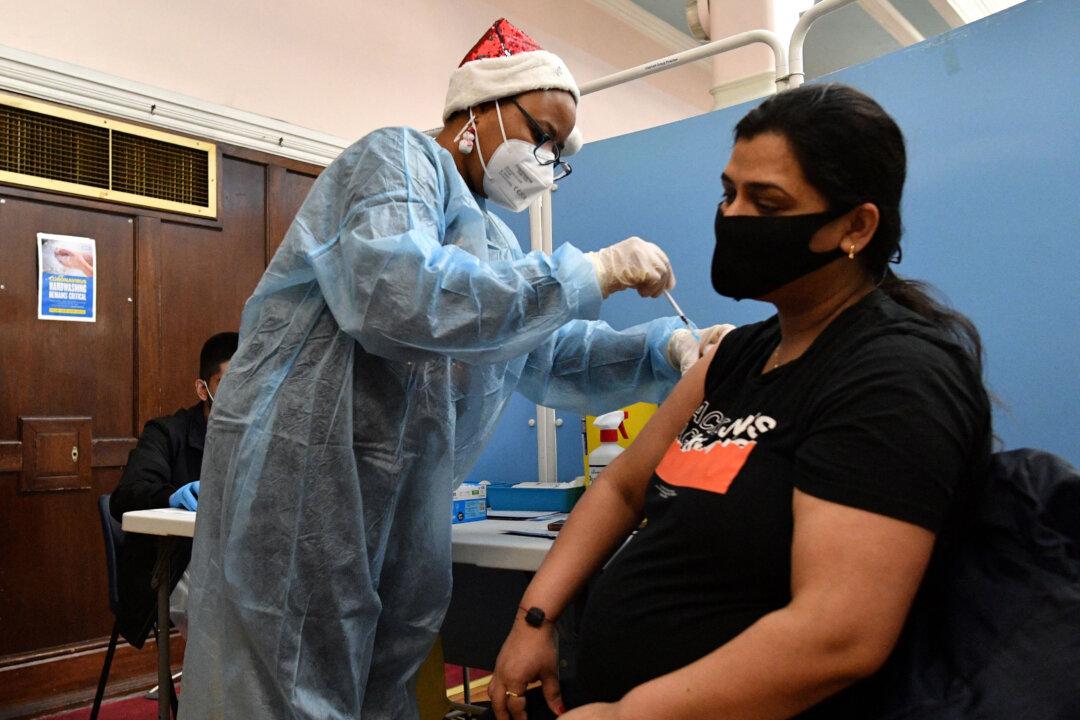Officials with the Centers for Disease Control and Prevention, as well as some doctors, say that fewer pregnant women are getting influenza and other vaccines this year.
A recent CDC report found that among 2,000 women who were pregnant during last year’s cold and influenza season, as the survey was carried out in March and April, about a quarter of them were “very hesitant” about getting a flu vaccine. A year before that, some 17.2 percent were very hesitant to receive the shot.





